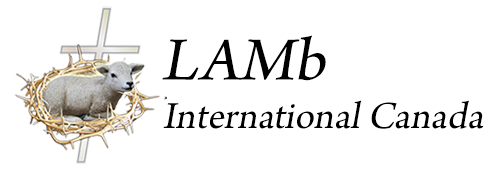CORE COMPETENCY-BASED TRAINING FOR CHILD AND YOUTH CARE WORKERS
(Orphanage Staff)
About this curriculum:
This curriculum is part of a ten-module CERTIFICATE training for child and youth care workers. Content has been selected to correspond with identified competencies critical to child and youth care workers, their role and the job itself.
Key content information helps the child and youth care worker better understand the responsibilities and scope of their job. Case studies, group discussions, large and small group activities, along with the trainers’ personal experiences are all used to better equip the child and youth care worker understand the job and the profession.
The curriculum is designed to establish a solid foundation of knowledge and understanding in the earlier sections; while developing skill transfer in later sections via the application activities. The lectures are rich with information and develop the foundational information necessary for the child and youth care staff to begin the process of transferring their learning to the job. A foundation of information leads to readiness for the practice activities during the application phase of the training.
Target audience:
All orphanage staff, supervisors, directors, caregivers, caring directly for children and youth.
This training has been used across the United States and Canada. It is mandated training in the state of Ohio and the Province of Manitoba, as well as being used in several other jurisdictions across Canada and the United States. The training is presently being delivered throughout Ukraine for orphanage staff, directors and psychologists. Training has been used for foster parents, social workers, agency directors and those persons hoping to work in the field of child welfare.
Development:
The critical competencies, the foundation for this training and all the materials were developed by Ruby M. Johnston of the Institute for Human Services – Canada, in conjunction with Manitoba Child and Family Support Branch and system service providers.
A guiding committee was created in Manitoba, Canada and the United States to assure curricula represented “best practice.” The US committee met with representatives from the Manitoba guiding committee and vice versa. The nature of this cooperative effort has ensured that youth care workers will receive up-to-date and relevant information throughout the core training.
Modules:
The Core Curriculum for Youth Care Workers is an in-service training program for child and youth care workers. The curriculum is organized into three parts that address competencies, which have been deemed critical to child and youth, care workers. Each part reviews and reinforces the values, concepts and skills that are taught in other modules.
The curricula establish a theoretical framework for child welfare practice, transmits critical information, including the values and dilemmas of family-centered child welfare practice and promotes the development of job-related skills. Each training session is designed for adult learners, and, as such, integrates numerous opportunities for experiential learning and application of content to the job. Targeted exercises have been developed in conjunction with each module to ensure that the trainee is prepared for the training, and that the trainee can practice new skills once s/he returns to the workplace. In this way, competencies become competence on the job.
AN OUTLINE OF CORE COMPETENCY-BASED TRAINING FOR CHILD AND YOUTH CARE WORKERS
The standardized modules consist of the following:
Part 1 – Core Awareness (5 days of training)
- • The Job: Child and Youth Work as a Profession
- • Family Systems: The Impact of Abuse and Neglect on Child Development
- • Attachment, Separation and Re-unification
- • Youth Worker Counseling
- • Family Focused Practice in Residential Care.
Part 2 – Core Fundamentals (4 days of training)
- • Group Living
- • Understanding and Approaching Behavior
Part 3 – Core Focus (3 days of training)
- • Working with the Child Who Has Been Sexually Abused
- • Observation, Documentation and Reporting.
To bring this important training to your child welfare system, please contact us.
